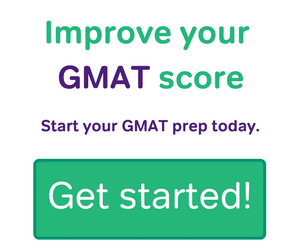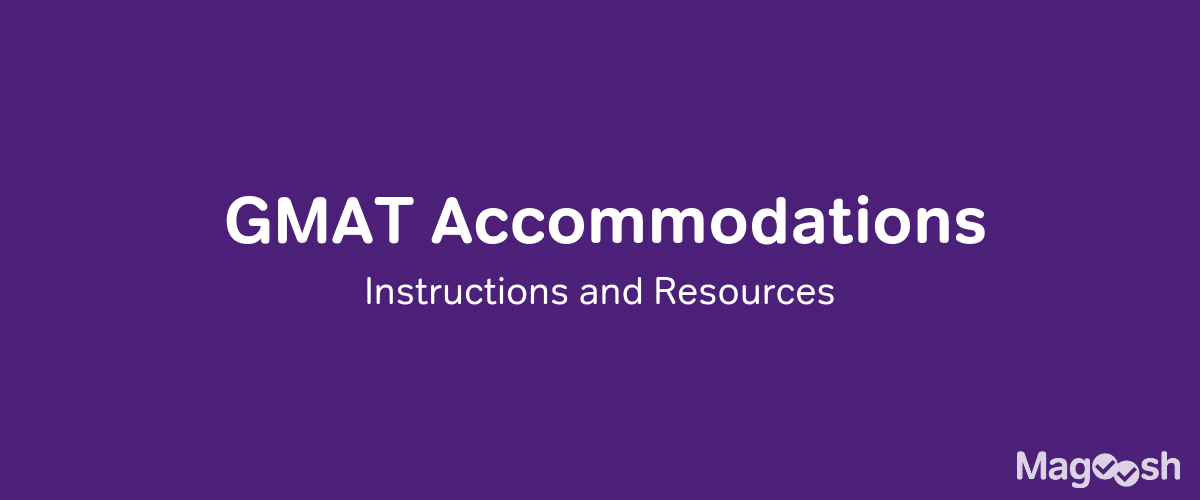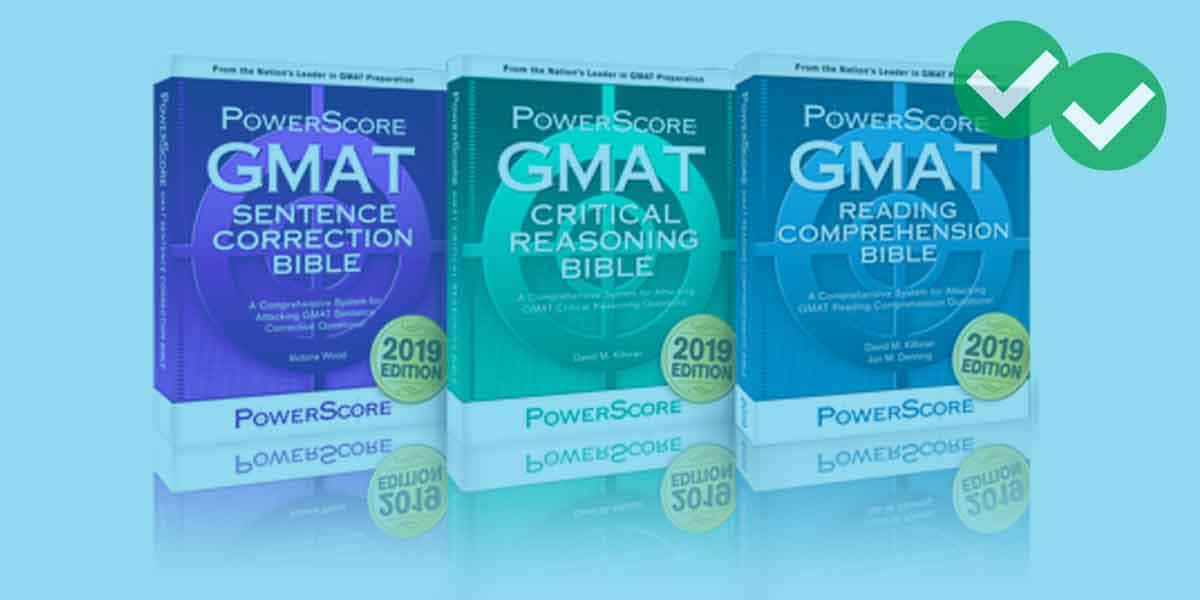Thinking of taking the GMAT? Find the Verbal section demanding? Here’s a list of seven quick GMAT Verbal tips to get you started with this section.
Verbal Tip #1: Know the question formats
The GMAT Verbal section asks three kinds of questions: Reading Comprehension, Critical Reasoning, and Sentence Correction. It’s absolutely fundamental to get acquainted with those question formats, with their inherent challenges and their strategies. This leads me directly to the next tip.
Verbal Tip #2: Use high quality materials
There are many sources for GMAT questions all over the web. The GMAT Verbal questions vary considerably in quality. Many threads in the GMAT forums consist of folks picking apart poorly written questions trying to make sense of them and learn from them the strategies for success. A poorly written GMAT Verbal question can consume a good deal of your energy without actually teaching you anything valuable. It’s imperative to base your GMAT preparation on the very best GMAT books and resources and not something like the GMAT for Dummies book.
Verbal Tip #3: Don’t sweat vocabulary
Vocabulary is not a big issue on the GMAT. As long as you know your basic Economics 101 terms (profit, cost, revenue, etc.), then you have all the vocabulary you need.
Verbal Tip #4: the most common RC questions
The single most common GMAT Reading Comprehension question is the question “what is the main idea?”, a.k.a. “what was the author’s purpose in writing this passage?” This question arises for almost every passage on the GMAT, so it’s good to read with this in mind.
Also, bear in mind a big difference between reading on the GMAT and, say, advertising. In advertising, everything is in-your-face obvious — there’s no doubt about the writer’s point of view or intentions. Academic writing, and writing on the GMAT, is more subtle. One common Reading Comprehension question is about the ability to infer what is not explicitly stated.
Verbal Tip #5: the most common CR questions
The three most common GMAT Critical Reasoning questions are the “weaken the argument” question, the “strengthen the argument” question, and the “find the assumption” question. More than half the questions you see on the GMAT CR will be from one of those three categories.
It’s also important to have good intuition about what’s realistic in the everyday world, especially the world of money and economics. For example, anything that suggest someone could invest in a bank and get 100% return in six months should set your alarm off as wildly unrealistic. Strive to know the basics of bread-and-butter topics such as supply and demand, labor and wages, macroeconomic growth, the legal system, and statistical testing.
Verbal Tip #6: thoughts on the SC questions
Everybody talks about GMAT grammar, and yes, grammar is absolutely essential on the GMAT Sentence Correction, but if you make grammar 100% of your GMAT SC preparation, you will miss the point.
The Sentence Correction gives a great deal of attention to the logic of sentences. Logic considerations include whether the modifier actually modifies the right thing, or the implication of slightly different word orders, e.g. “I watch only baseball” vs. “I only watch baseball.”
The Sentence Correction also placed high priority on what it calls “Rhetorical Construction,” which concerns the phrasing. Rhetorical concerns include whether the language is clear or ambiguous, whether it is direct and powerful instead of weak and wishy-washy, and whether it is succinct and to-the-point.
These two, and even Parallelism, concern a higher level of analysis than just what is grammatically correct or incorrect.
Verbal Tip #7: Read, Read, Read!
If Verbal is not your thing, then force yourself to read every day. Reading high-brow material, especially demanding material, will force you to use the skills you will need on Reading Comprehension. Anything that presents arguments for or against causes will be presenting arguments, and you can look for assumptions and analyze what would strengthen and weaken them. If what you are reading is truly classy, then the grammar and syntax will be superb, and you can check out the phrasing of complex sentences.
The single best thing to read would be the Economist magazine. Arguably, anyone getting an MBA should make a habit of reading this anyway. This weekly periodical will provide challenging reading, thoughtful arguments, and high level grammar & rhetoric. Beyond that, I’ll recommend this GMAT reading list.
Summary
That’s quick list. If you would like to know more verbal hints, please leave us your thoughts and questions in the comment section below.






Leave a Reply